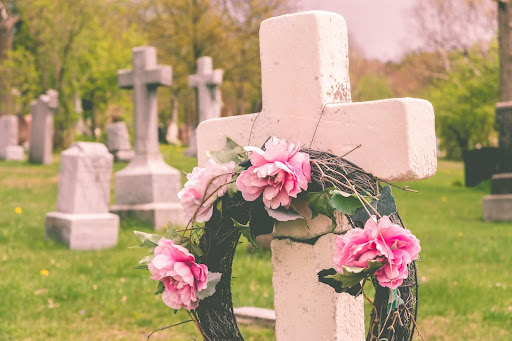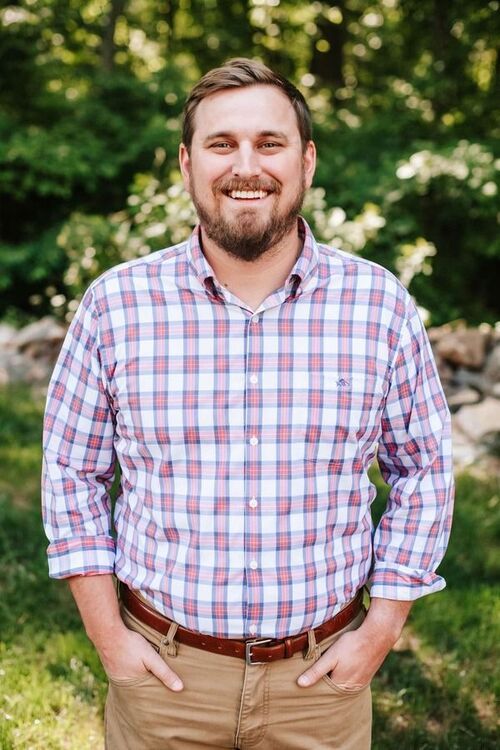Casey is a founding partner at River Run Law Group. Casey has tried numerous cases across the Commonwealth in both General District Court and Circuit Court. He has earned millions of dollars for his clients through trials, mediations, and settlements.
Facing the sudden loss of a loved one due to someone else’s negligence is unimaginable. While no compensation can truly replace their presence, a wrongful death settlement can offer financial support and a sense of justice.
Understanding how settlements are paid out in Virginia can alleviate some of the burden. River Run Law explains some practical aspects of receiving funds in a wrongful death settlement, including payment options, timeframes, and factors affecting your payout. If you have questions, contact us today.
How Are Wrongful Death Settlements Paid Out?
Wrongful death settlements are disbursed as a lump sum or a structured settlement. Each option offers distinct advantages and disadvantages.

Lump Sum Payment
This is a one-time, upfront payment of the entire settlement amount. It provides immediate access to the funds but can have tax implications. Some benefits are:
- Your money is immediately available to use for any purpose, such as paying debts, investing, or donating; and
- You save time and money by avoiding periodic payment management.
Some drawbacks are:
- You get less money than if you chose a structured settlement;
- You lose the advantage of having a regular income for a long time, which can help with budgeting and planning.
The best choice for you ultimately depends on your circumstances and needs.
Structured Settlement
A wrongful death structured settlement pays you money periodically over a certain period, such as monthly or yearly. This can help with long-term financial stability. Structured settlements come with the following benefits:
- Provides a regular and reliable income for the beneficiaries, especially if they previously relied on the decedent’s earnings;
- Avoids the risks of losing or misusing funds, as an annuity contract secures the payments; and
- Offers flexibility and customization, as the beneficiaries can decide the payment amount, frequency, and duration.
However, like lump sum payments, there are also drawbacks to a structured settlement.
- Restricts the beneficiaries’ access to a large sum of money they may need for urgent expenses or investments;
- Loses value over time due to inflation or interest rate changes unless it adjusts for these factors;
- Requires the court’s approval to create, modify, or transfer the settlement agreement;
- Relies on the financial health and reliability of the annuity provider; and
- Follows state laws and rules that may differ from one state to another.
The choice between a lump sum and a structured settlement may depend on several factors, such as the settlement amount, the tax implications, the financial needs and goals of the beneficiaries, and the availability and terms of a structured settlement annuity.
It is crucial to consult with an experienced wrongful death attorney and a financial planner before deciding whether to accept a lump sum or a structured settlement.
What Is the Process of Resolving Wrongful Death Settlements?
In most wrongful death cases in Virginia, a personal representative appointed by the court to manage the decedent’s estate will negotiate and settle the claim with the responsible party or their insurance company.
You can reach a settlement before or after you file a lawsuit, depending on the circumstances. However, court approval or the consent of all beneficiaries is required to finalize the agreement.
Who Receives the Money in Wrongful Death Settlements?
In Virginia, designated statutory beneficiaries receive the settlement funds. These are individuals legally entitled to compensation, prioritized in the following order:
- Surviving spouses and children,
- Grandchildren,
- Parents and siblings, and
- Dependent relatives.
If there are multiple beneficiaries, they generally agree on a distribution plan, but a judge can determine the split if the interested parties reach an impasse.
Securing Compensation
Once the settlement is finalized, the actual disbursement of settlement funds involves several key steps.
- Insurance company responsibility. In most cases, the responsible party’s insurance company directly disburses the settlement amount.
- Negotiations and legal procedures. Additional negotiations or legal proceedings may be necessary to ensure complete and fair funds distribution.
- Following the terms. All parties must adhere to the agreed-upon settlement terms and comply with any legal requirements to facilitate a smooth process.
Remember, navigating the intricacies of a wrongful death settlement can be complex and emotionally challenging. Seeking guidance from an experienced wrongful death attorney can ensure the process is handled effectively while protecting your rights.
Recent Wrongful Death Settlement
The Case: Our client recovered the full policy limits of $200,000 for the tragic shooting death of their loved one. The gun had been provided by the minor’s parents, and insurance coverage was identified and pursued as a result.
Disclaimer: Please keep in mind that testimonials or reviews do not constitute a guarantee, warranty, or prediction regarding the outcome of your legal matter, as the facts and circumstances of each case differ.
How Long Does It Take to Get Paid After a Wrongful Death Settlement?
After completing the complicated settlement process, you may wonder, How long does it take to get paid after a wrongful death settlement? Typically, it can take 30 to 60 days to receive payment after a wrongful death settlement is reached, but the exact timeframe depends on several factors, including:
- Negotiation Complexity—If the negotiations are long or complicated, they can delay the finalization and payment of the settlement.
- Documentation Requirements—Before getting paid, you must provide and verify certain documents, such as court orders and releases.
- Party Cooperation—If the defendant or the insurance company is slow or uncooperative, they can cause delays in the payment process.
- Payment Method—A structured settlement with periodic payments typically takes longer to receive than a lump sum payment.
- Beneficiary Disputes—Conflicts or disagreements among the beneficiaries can stall the process.
- Paperwork Errors—If the paperwork has mistakes or missing information, it can require corrections and cause delays.
- System Backlogs—The courts and the insurance companies may have backlogs that affect their processing times.
- Unexpected Changes—If something changes unexpectedly, such as a beneficiary’s death, it may require adjustments and delays.
To make the process smoother, you should communicate clearly and often with your wrongful death attorney and your personal representative.
Schedule a 100% Free Consultation With Our Wrongful Death Attorneys
At River Run Law, our wrongful death attorneys in Richmond have the experience needed to manage all aspects of your wrongful death case—including investigations, negotiations, and even taking the case to trial if that becomes necessary. We will work tirelessly to obtain the maximum compensation you deserve for your sorrow, mental anguish, and financial losses.
We serve clients in Richmond, VA, and surrounding areas. Contact us today for a free consultation and case evaluation. We are here to help you and your family during this challenging time.
Related Posts
Is a Wrongful Death Settlement Taxable in Virginia?
Where You Can Find Our Richmond Office Location



